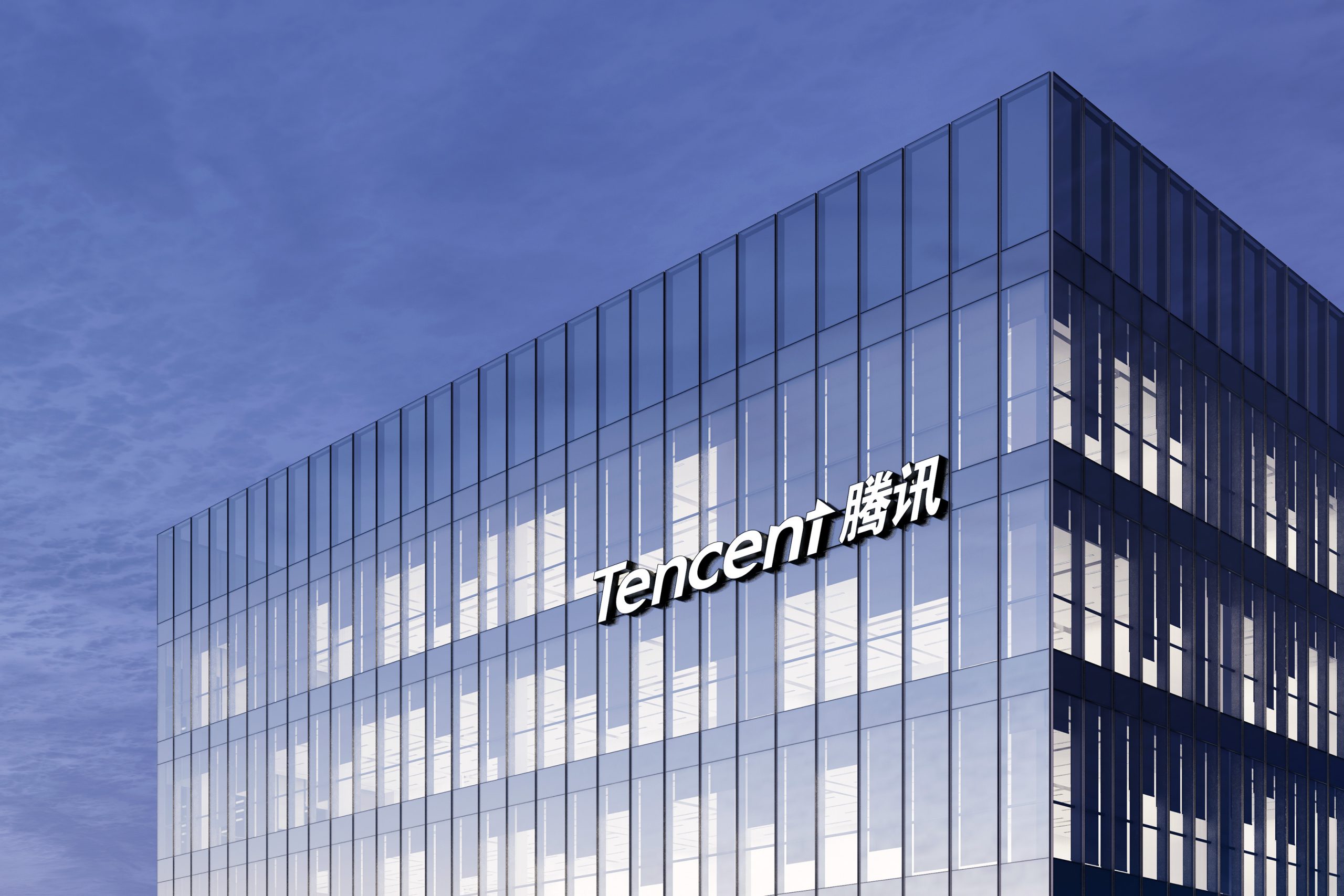The past year has seen Tencent’s TikTok-like short video service “deliver the expected results,” chairman and chief executive Pony Ma said at the tech titan’s annual staff meeting on Monday, while reaffirming his confidence in the company’s long-term development despite the sluggish general market.
Why it matters: In contrast to his sharp-tongued speech a year ago, where the emphasis was on cost-cutting, Ma’s more positive comments this year signal that he seems to think the company has overcome its challenging times.
Details: A year after Ma positioned WeChat Channels as Tencent’s major hope for the future, he said that the short video-sharing function has brought “lots of surprises” and committed to fully supporting livestreaming-based commerce in 2024.
- In a half-hour speech that struck a positive tone, Ma mentioned recent news of Tencent buying land in the Haidian district of Beijing at RMB 6.42 billion as a “careful and calculated decision” due to the steady growth of the firm’s businesses.
- Boasting 1.3 billion monthly active users, WeChat stands as the most powerful messaging app in China and comes with a flurry of social connecting features, but the app’s 12-year-old history gives Ma “great pressure,” especially as QQ, Tencent’s once-popular platform, undergoes a crucial transformation after 12 years in operation. Ma has called for WeChat, “the old tree”, to “sprout new shoots”.
- Ma also stated that Tencent’s current holding of the title of the world’s largest game vendor feels like “relying on the credit of our [previous] successes.” This sentiment comes amidst challenges from peers releasing new titles and the company’s relatively underwhelming offerings when it comes to fresh games, according to local media outlet Jiemian.
Context: Tencent shares have suffered in the past year but have not seen as big a slump as those of its Chinese internet peers, with the firm seeing a 16% decline in the value of its Hong Kong-listed shares. The company’s largest shareholder, South Africa-headquartered Naspers, added to the downward trend by cutting its stake in Tencent to less than 25% through frequent share selling in 2023.
Related












